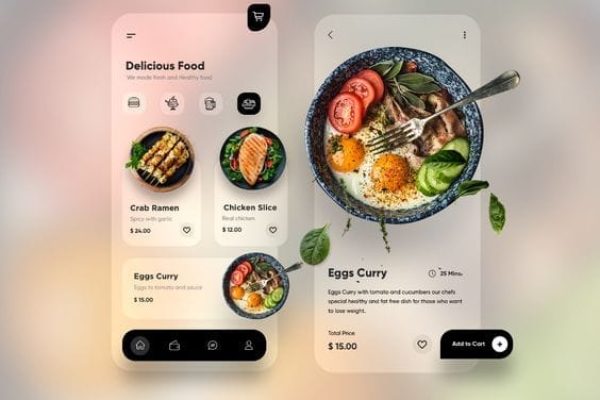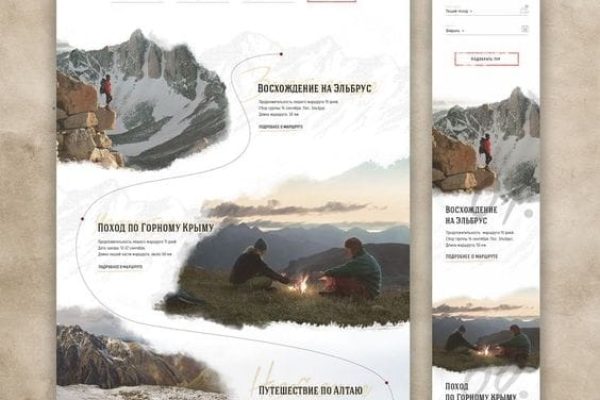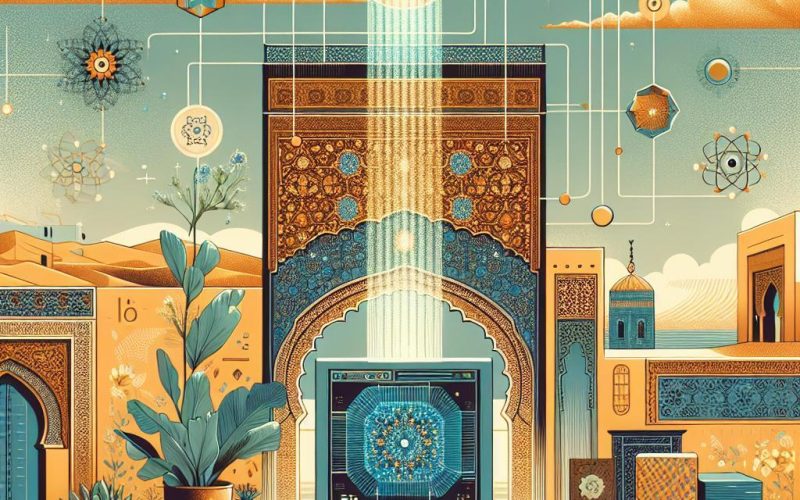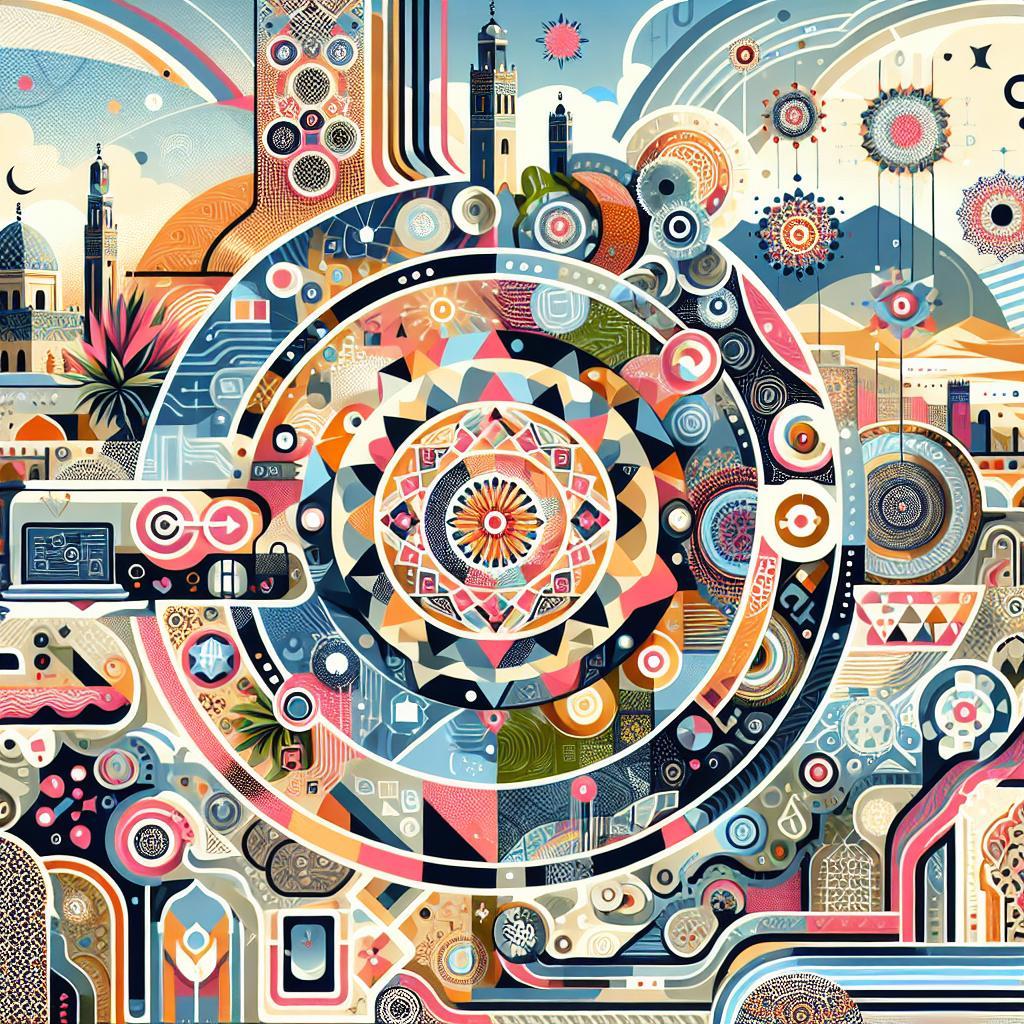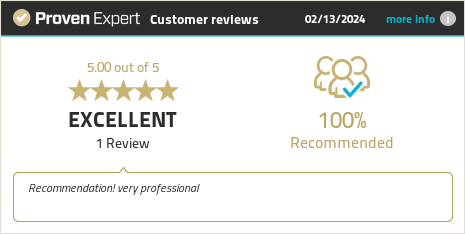In a world where split-second decisions can make or break a user’s online experience, the importance of website performance cannot be overstated. For businesses and content creators in Morocco, optimizing images for faster loading is not just a technical necessity; it’s a crucial step towards enhancing user engagement and boosting online visibility. As local internet users demand seamless browsing experiences, the challenge lies in balancing vibrant visuals with speed. In this article, we will explore effective strategies for image optimization tailored for the Moroccan digital landscape, ensuring that yoru web presence captivates audiences without sacrificing performance. Join us as we delve into the art and science of making images work smarter, so that your website can shine brightly in the competitive online marketplace.
in Morocco, where internet connectivity can vary substantially, optimizing images for web performance is essential for delivering a smooth user experience. Choosing the right image formats plays a pivotal role in this process. Consider JPEG for photographs needing rich color and detail,while PNG is ideal for images requiring transparency or simple graphics. For even more advanced scenarios, WebP offers a superior compression approach without a noticeable loss in quality. Using these formats judiciously not only enhances load times but also caters to various device capabilities, ultimately improving accessibility and usability across the diverse Moroccan landscape.
To effectively reduce image file sizes without compromising on quality, several techniques are at your disposal. Begin by employing compression tools such as TinyPNG or ImageOptim, which offer user-kind interfaces for batch processing. Additionally,leverage responsive images using the srcset attribute,allowing different sizes to load based on the user’s device,further optimizing performance. Regular audits of your image library to remove redundant files or outdated formats can also streamline your optimization process. Below is a simple comparison of some popular file formats and their characteristics that can guide your optimization efforts:
| image Format | Best For | Compression Level |
|---|---|---|
| JPEG | Photos | Moderate |
| PNG | Graphics with Transparency | Low |
| WebP | Modern Browsers | High |
Q&A
Q&A: How to Optimize Images for Faster Loading in Morocco
Q1: Why is image optimization crucial for website performance in Morocco?
A1: Image optimization is essential for website performance anywhere, but it’s notably critically important in Morocco due to varying internet speeds and data accessibility. By optimizing images, you ensure that your site loads quickly, offering a better user experience for visitors, nonetheless of their connection.Fast-loading images can reduce bounce rates, enhance SEO rankings, and ultimately lead to higher conversion rates.
Q2: What are the key techniques for optimizing images?
A2: There are several effective techniques for optimizing images:
- Choose the Right Format: Use JPEG for photographs and PNG for images that require transparency. Consider WebP for even smaller file sizes without a loss in quality.
- Resize Images: Adjust the dimensions of your images to fit the display sizes required on your website. Large images scaled down in the browser can significantly impact loading times.
- Compress Images: Utilize tools like TinyPNG or ImageOptim to compress images without sacrificing quality. This reduces file size and speeds up loading.
- Use Responsive Images: Implement the
srcsetattribute in your HTML. This allows the browser to choose the best image size for the user’s device, further enhancing load times.
- Leverage Browser Caching: Set up caching for your images to ensure repeat visitors don’t have to reload them every time thay access your website.
Q3: Are there specific tools that can help with image optimization?
A3: Absolutely! There are numerous tools designed to aid in image optimization:
- Adobe Photoshop: Offers manual settings for resizing and compressing images.
- Canva: A user-friendly graphic design tool that allows image resizing and downloading in optimized formats.
- Squoosh: A web-based image compression tool that gives you a visual comparison of the original and compressed images.
- ShortPixel or Smush: WordPress plugins that automatically optimize images upon upload, perfect for sites built on this platform.
Q4: How do I ensure that my images display well after optimization?
A4: To maintain image quality post-optimization, follow these strategies:
- Preview Changes: Always preview your images after compression and resizing to ensure they retain visual quality.
- Use High-Quality Originals: Start with the highest quality files possible. This baseline helps maintain clarity even after optimization.
- Test Different Formats: Experiment with various formats to find the one that offers the best balance of quality and file size for your images.
Q5: What role does image optimization play in SEO for Moroccan websites?
A5: Image optimization is a critical part of SEO, especially for Moroccan websites. Search engines value fast-loading sites, and optimized images contribute to decreased loading times. Additionally, providing properly tagged images with descriptive file names and alt text can enhance your site’s visibility in image search results. This practice not only improves page load speed but also supports your overall SEO strategy, making it easier for potential customers to find you online.
Q6: Can social media impact image optimization strategies for businesses in Morocco?
A6: yes, social media plays a critically important role in shaping image optimization strategies. Sharing optimized images on platforms like Instagram and Facebook enhances engagement and visibility. Given the higher mobile user demographic in morocco, ensuring images are lightweight and quick to load on social media can encourage shares and interactions, broadening your audience reach.
Q7: What are some cultural considerations to keep in mind while optimizing images in Morocco?
A7: When optimizing images for a moroccan audience, it’s vital to consider cultural relevance and sensitivity. Choose images that resonate with local traditions, environments, and colors. Upholding cultural integrity while optimizing can create a stronger connection with your audience. Additionally, avoiding overly generic imagery can enhance authenticity and improve user trust.
—
By following these guidelines and considering the local context,businesses in morocco can leverage image optimization not only to enhance website performance but to better connect with their audience.
Closing Remarks
optimizing images for faster loading is not just a technical necessity but also an art that enhances the overall user experience, especially for the vibrant landscapes and diverse narratives that Morocco has to offer. By embracing efficient formats, leveraging compression tools, and implementing responsive designs, webmasters can ensure that their sites run smoothly without compromising the stunning visuals that capture the essence of Moroccan culture. As you embark on your journey to create a quicker, more visually appealing digital landscape, remember that every small adjustment contributes to a richer online experience for all users. Let the beauty of Morocco shine through, unencumbered by slow loading times—after all, the sights and stories of this magnificent country deserve nothing less.
